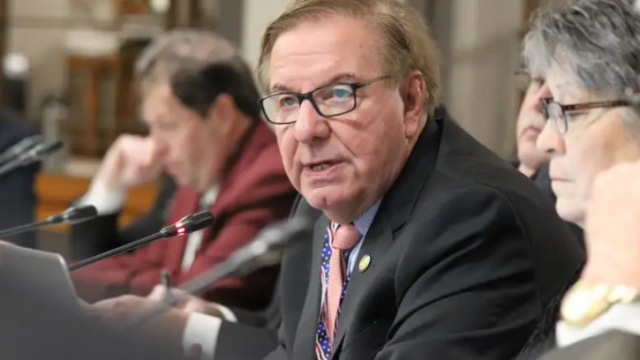When Lawmakers Don’t Want to Follow Their Own Law

MINOT, N.D. — Earlier this year, North Dakota lawmakers passed a law and then overrode a veto of that law, and now some of them don’t want to follow the law.
I’m talking about SB2290, which was inspired by pandemic-era federal spending.
The feds rained money on the states through the CARES Act and other initiatives. In North Dakota, that funding, which measured well over $1 billion during the last interim, was mostly appropriated by the six-member Emergency Commission, which is made up of the governor, the secretary of state, as well as the majority leaders and Appropriations Committee chairs from the House and the Senate.
Why was this a problem?
Our system of government is based on three separate and co-equal branches of government, each wielding a particular and distinct authority. The Legislature’s power is appropriation. They control the purse strings.
So when the Emergency Commission is appropriating more than $1 billion with only the direct involvement of four lawmakers, that’s a problem.
The Budget Section, an interim committee made up of House and Senate appropriators, did get an up or down vote on Emergency Commission appropriations, but that was only veto authority. They didn’t craft the appropriations and weren’t empowered even to amend them, ironically putting those lawmakers in what is traditionally the governor’s role in this process.
Lawmakers should make law. Governors should wield a veto. The Emergency Commission is, in many ways, set up to function in a precisely opposite fashion.




